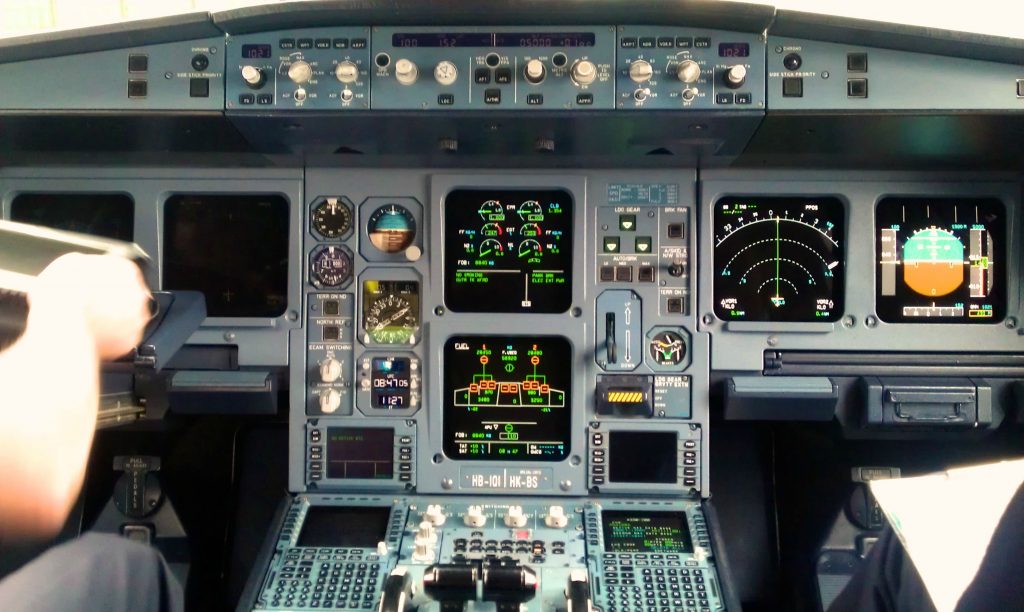The Transport Department’s Office has stated that the FAA is not doing enough to oversee pilot skills and ensure that all pilots receive full training on how to monitor sophisticated automated control systems in cockpits. The report, initially obtained by Associated Press, cites reliance on automation as ‘a growing concern among industry experts.’
Since the original AP article, the report has been made available on the US Department of Transportation website.
‘Because FAA hasn’t determined how carriers should implement the new requirements or evaluated whether pilots’ manual flying time has increased, the agency is missing important opportunities to ensure that pilots maintain skills needed to safely fly and recover in the event of a failure with flight deck automation or an unexpected event,’ the report states.
It goes on to say, regarding the perceived increase in pilot reliance on automation, ‘The Agency has not ensured that air carrier training programs adequately address pilots’ ability to monitor the flight path, systems, and the actions of other crewmembers—commonly referred to as pilot monitoring.’
The report cited previous incidents when pilot monitoring had been an issue, highlighting it’s relevance to safety, ‘In many of the accidents and incidents they reviewed, the pilot failed to properly monitor the state of the aircraft during flight. Despite these findings, FAA has not ensured that pilot monitoring is adequately addressed in air carrier training programs.’
The FAA has implemented some measures to address these issues – in January 2013, the agency issued a safety alert to airlines encouraging them to promote opportunities for pilots to practice manual flying in day-to-day operations and during pilot training – but according to the report, the FAA hasn’t followed up to determine whether airlines are following the recommendation.
The FAA also published new rules in 2013 requiring airlines to update their training programs to enhance pilot monitoring and manual flying skills, but the agency is still working on guidance to airlines on how to do that, the report said. Airlines aren’t required to comply with the rules until 2019, the report continued.
The FAA’s response to the report is included as an Appendix. The Administration’s response read, ‘The FAA shares the OIG’s concerns about an over-reliance on automation and the importance of training pilots to handle unexpected events and manually fly an aircraft,’ continuing, ‘the FAA believes in, and has always required, the training, maintenance and evaluation of manual flying skills and the Agency has taken action to enhance those requirements,’ citing the recently published Qualification, Service and Use of Crewmembers and Aircraft Dispatchers which including additional manual flying requirements, including training in the prevention and recovery from stalls and upsets, manually flown slow flights and manually flown arrivals and departures, and reinforces this training through checking. This rule will come into action in November 30, 2018.
You can read the full report here.

